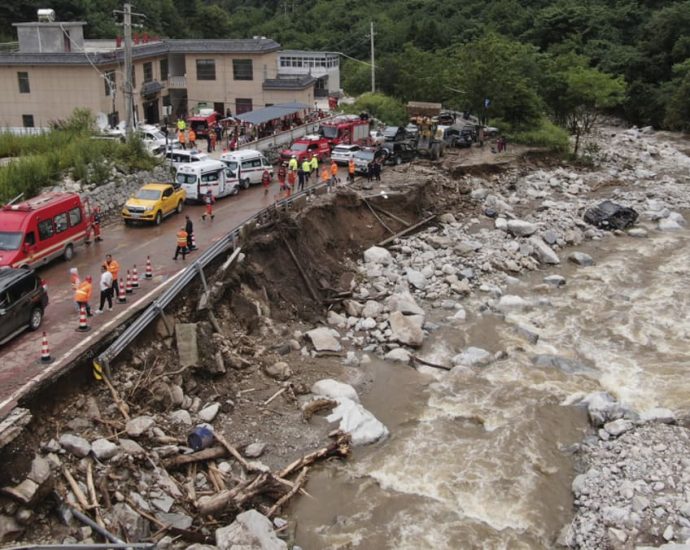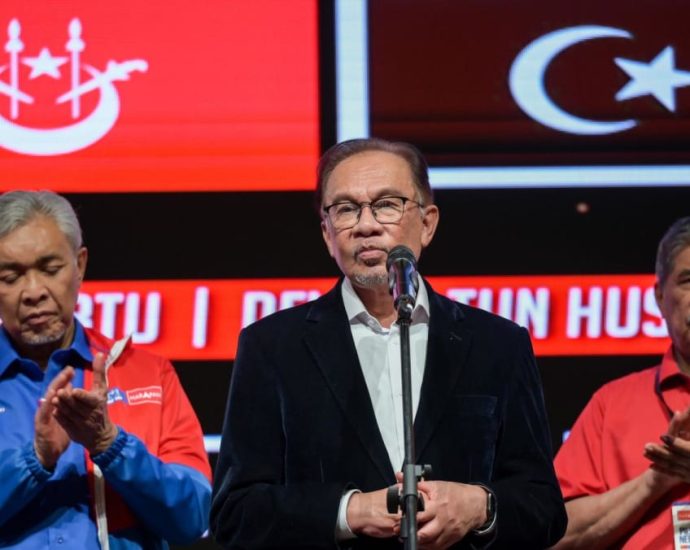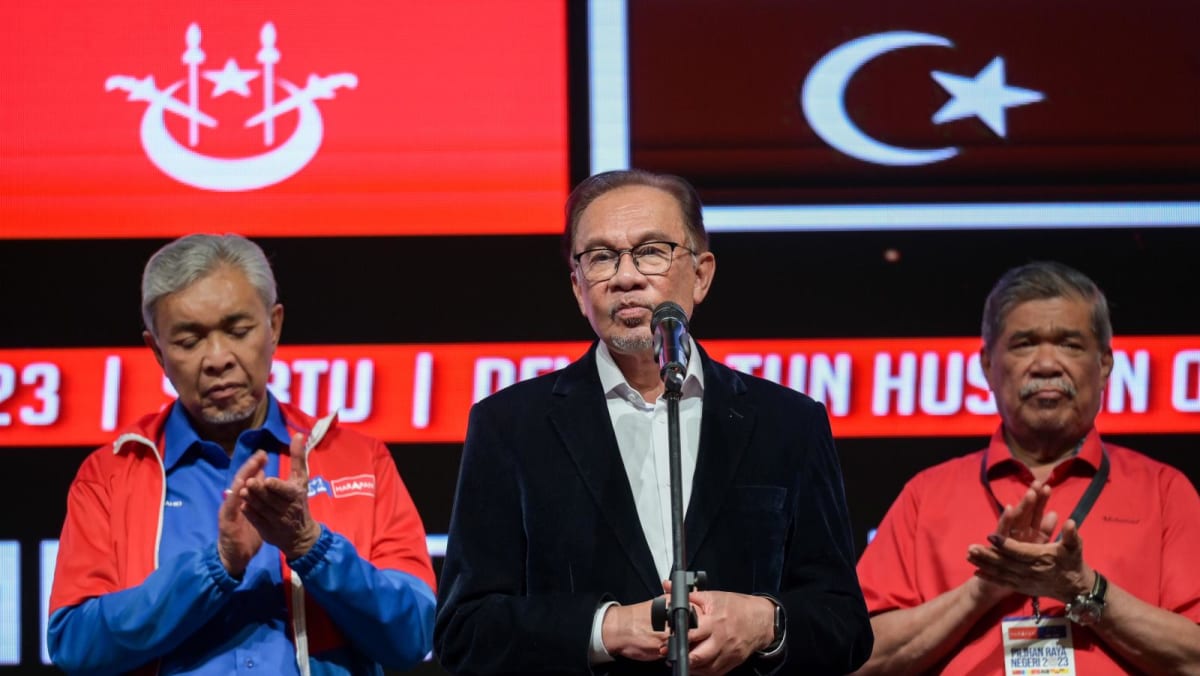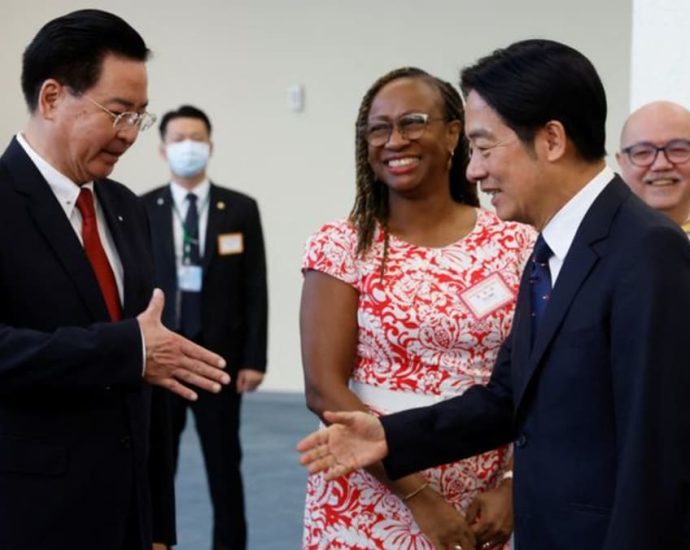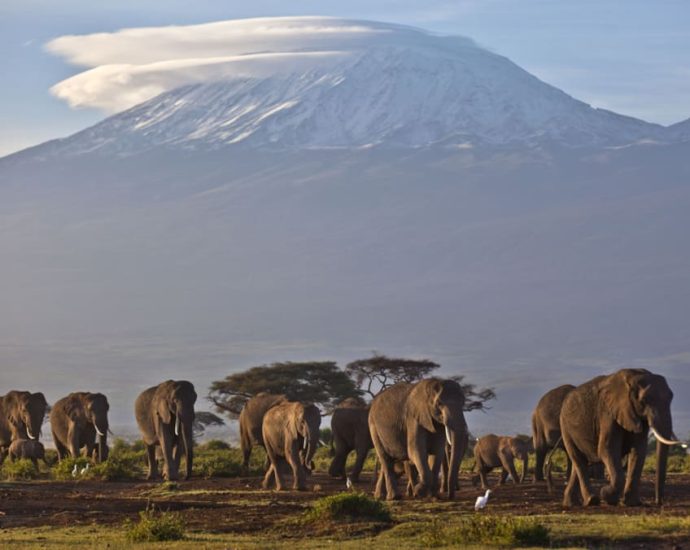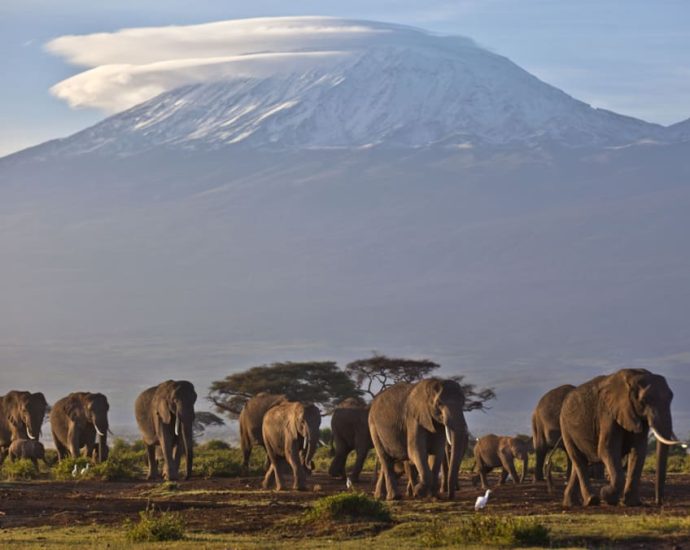HM King’s sons visit Siriraj hospital
PUBLISHED : 13 Aug 2023 at 14:49

Two sons of His Majesty the King visited Siriraj Hospital on Sunday morning.
Vacharaesorn Vivacharawongse and his younger brother Chakriwat visited the kingdom’s very first hospital, 135-year-old Siriraj Hospital, and paid their respects to the image of their late grandfather King Rama IX and their great-grandparents there.
Mr Vacharaesorn, 42, recently visited temples and other places after returning to Thailand for the first time in about three decades.
His younger brother Chakriwat, 40, arrived later and the two planned to leave for the United States together.
The younger brother’s arrival prompted Mr Vacharaesorn to postpone his planned earlier departure on Sunday.
The brothers visited Ayutthaya province on Saturday.
The siblings are among four sons of His Majesty the King and his former consort Sujarinee Vivacharawongse. Their younger sister is Her Royal Highness Princess Sirivannavari Nariratana Rajakanya.


